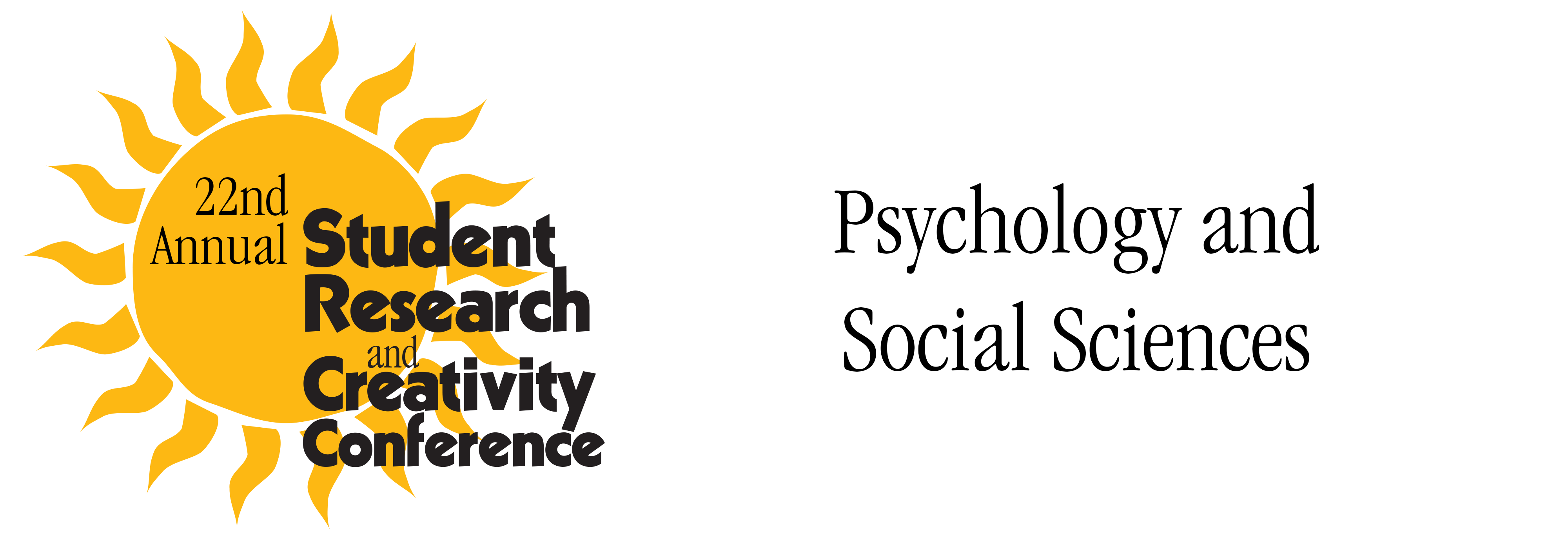
Files
Download Full Text (323 KB)
Description
Michael Brzyski and Marnee Hales, PSY 499: Independent Study
Faculty Mentor: Professor Naomi McKay, Psychology
The cortisol awakening response can be identified by a surge in cortisol levels 30 minutes post-awakening and a steady decrease in melatonin levels during the day. Melatonin is said to be unrelated to cortisol levels in relation to sleep offset. Currently, however, no studies have looked at how a stressor could influence melatonin levels. The present study hypothesizes that melatonin levels will decline following a stressor. Participants were asked to be 12 hours fasted prior to their appointment. When participants arrived, height and weight were measured, followed by the insertion of an intravenous catheter (IV). Following this, two blood samples were taken prior to and immediately following a mock job interview. After blood samples were collected, plasma was stored in a freezer for future analysis. Each sample will be analyzed for melatonin using an enzyme-linked immunosorbent assay. It is believed that there will be a decrease in melatonin levels from the pre-stress sample to the post-stress sample.
Publication Date
2020
Recommended Citation
Brzyski, Michael and Hales, Marnee, "The Effect of Physiological Stress on Melatonin Levels" (2020). Psychology and Social Sciences. 22nd Annual Student Research and Creativity Conference. SUNY Buffalo State.
https://digitalcommons.buffalostate.edu/srcc-sp20-psychsocsci/6



